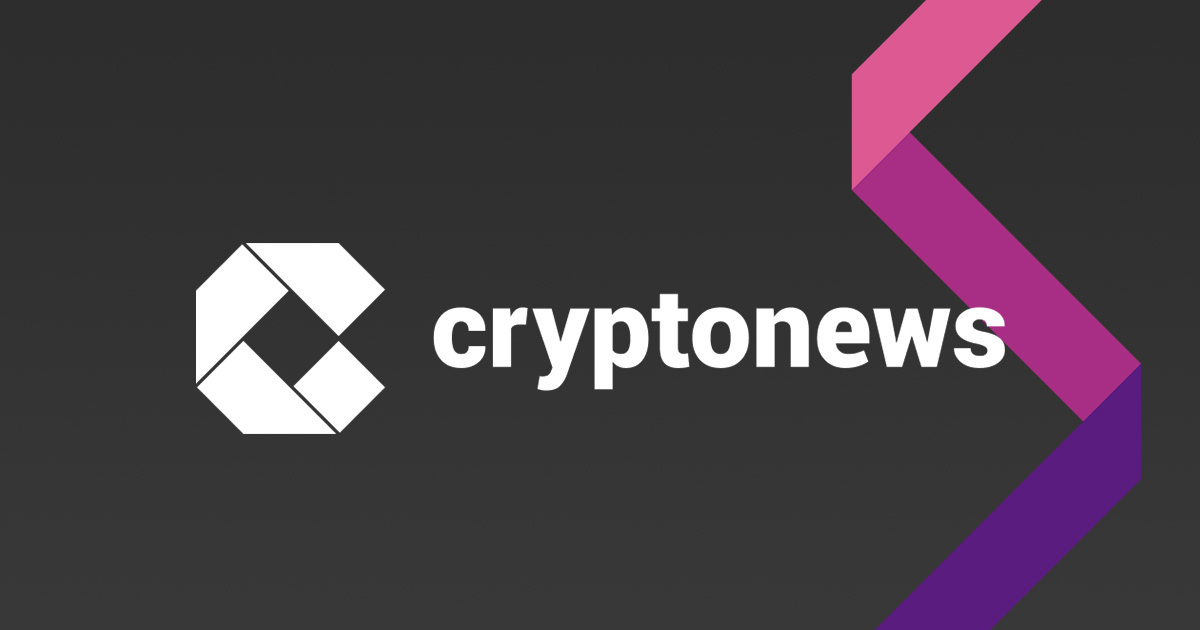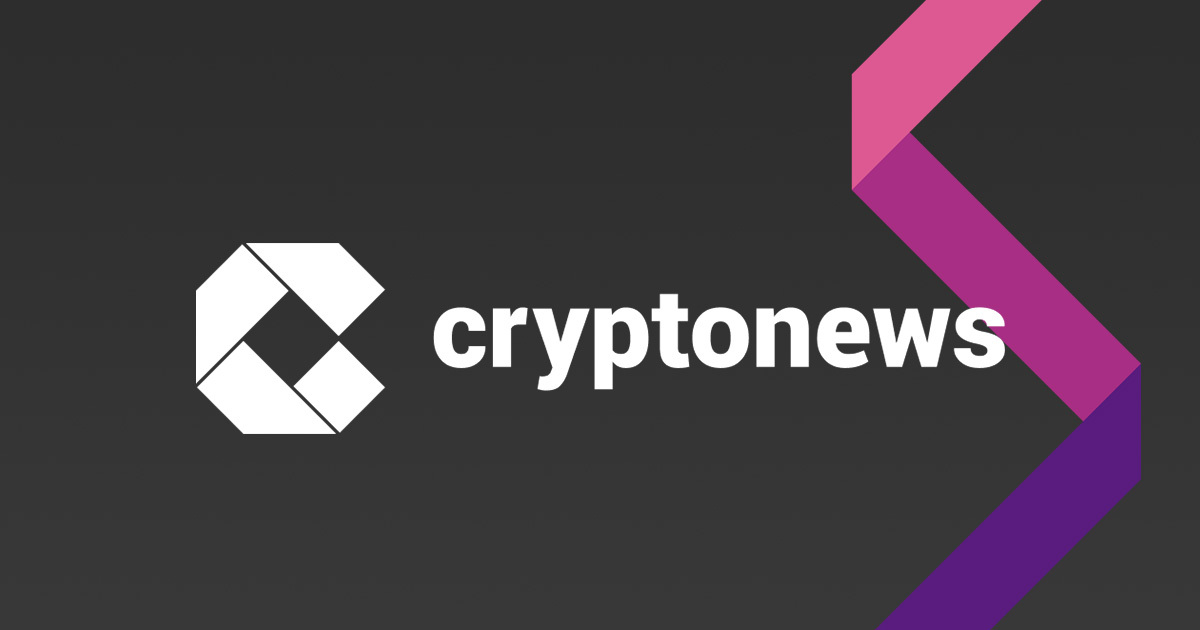IMF Warns Tokenized Markets Trigger ‘Flash Crashes’ — Is Government Control Next?

The International Monetary Fund (IMF) has issued one of its strongest warnings yet on the rapid rise of tokenized markets, arguing that the technology could reshape global finance in unpredictable ways.
In a new explainer video published on its X account, the IMF said tokenization offers clear benefits such as cheaper and faster market infrastructure.
But it cautioned that the same features driving efficiency could also introduce new forms of volatility, including flash-crash-style events triggered by automated, instant settlement.
The video frames tokenization as the next major step in the evolution of money, comparing programmable digital tokens to earlier milestones such as shells, coins, banknotes, and today’s digital payments.
IMF Says Fragmented Tokenized Platforms Could Undermine Liquidity
According to IMF researchers, early models show “significant cost savings,” with near-instant settlement reducing asset-management expenses by as much as 20%, echoing estimates from institutions like J.P. Morgan.
However, speed brings risk. The IMF pointed to the 2010 flash crash that wiped out nearly $1 trillion in minutes, warning that tokenized markets, driven by smart contracts and automated execution, could amplify similar shocks.
Interconnected contracts, it said, may behave “like falling dominoes” during stress, turning localized disruptions into broader systemic events.
The IMF also warns of fragmentation if multiple tokenized platforms emerge without interoperability, weakening liquidity and limiting tokenization’s efficiencies.
The IMF argues that coordination and open systems are essential to prevent isolated ecosystems that cannot trade or settle with one another.
The institution also reminds that governments have never stepped aside during major shifts in the monetary system.
From the Bretton Woods restructuring in 1944 to the collapse of the gold standard three decades later, public institutions have repeatedly reshaped global finance when new models created new pressures.
“If history is any guide,” the IMF said, governments could take “a more active role” as tokenization expands.
Regulators Worldwide Move to Rein In Tokenized Assets Amid Rapid Growth
The IMF’s reminder of these turning points suggests tokenization could be heading toward a similar era of deeper state involvement.
Authorities aim to build legal and operational frameworks that manage risk rather than restrict tokenization outright.
Regulators worldwide, including the EU, Singapore, the U.K., and the United States, are clarifying how tokenized real-world assets should be treated, with most expected to fall under securities rules.
New requirements focus on investor protection and upgraded security standards for platforms operating smart-contract-based systems.
The push for clearer rules is expected to accelerate institutional adoption and deepen links between tokenized markets and traditional finance.
Governments are also becoming participants, with initiatives such as Singapore’s trials of tokenized government bills and wholesale CBDC transactions.
Regulators worldwide are already preparing for that shift. In August, the World Federation of Exchanges urged the U.S. SEC, the European ESMA, and IOSCO to tighten oversight of tokenized equities, warning that many offerings “mimic” stocks without offering shareholder rights or market safeguards.
Europe, one of the fastest-growing hubs for tokenized fixed-income assets, has also raised concerns. ESMA Executive Director Natasha Cazenave recently said tokenization could transform the region’s markets, but only if investor protections, settlement rules, and legal frameworks evolve with it.
Europe now hosts more than half of global tokenized fixed-income issuance, and officials are testing new structures, including state-backed tokenized debt and models linking distributed-ledger platforms to central-bank systems.
Private-sector expectations are rising as well. In October, former TD Ameritrade chairman Joe Moglia predicted that “every financial asset” will be tokenized within five years.
The post IMF Warns Tokenized Markets Trigger ‘Flash Crashes’ — Is Government Control Next? appeared first on Cryptonews.



